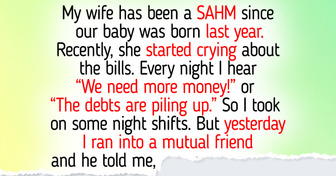my mom was that one person who believe teaching me to read from a very young age is nice and needed
7 Myths About Toddlers We Need to Ditch Right Now
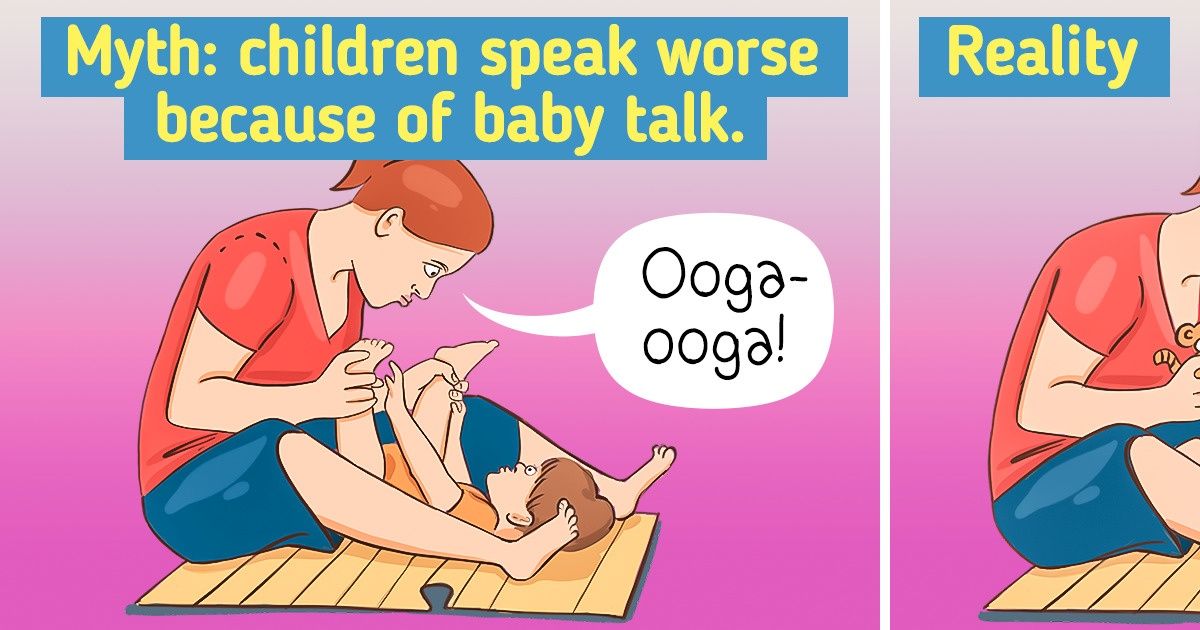
Toddlers are mysterious creatures and, naturally, there are many old wives’ tales that surround them. Like that teething is the culprit for every possible disease, or that early talkers are geniuses amongst their peers. Most of these misconceptions sprung from the fact that people never understood how exactly a baby’s brain works. But then again, are we even there yet?
We at Bright Side strive to get rid of misinformation and parenting is a definite minefield in that regard. And like on a real minefield, we cannot afford to make a mistake here.
Myth 1: They speak worse because of baby talk.
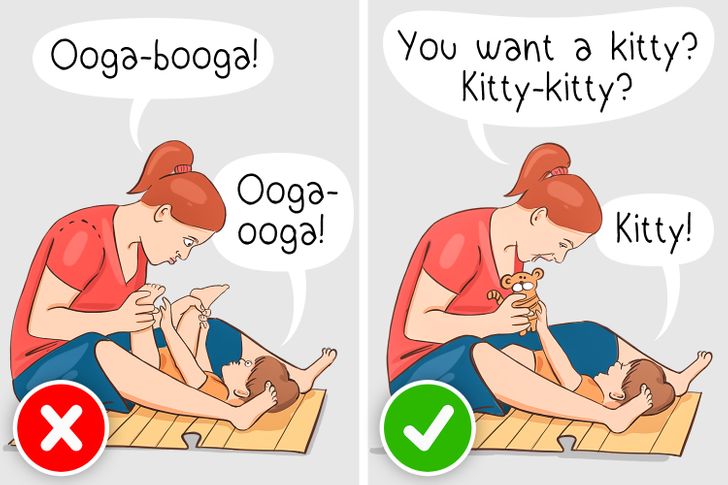
Baby talk is not silly — it’s a powerful language development tool. In people’s minds, a parent baby-talking to a toddler is 2 cavemen ooga-boogaing at each other. In reality, baby talk is high-pitched, sing-songy but grammatically correct speech with repetitive words.
Not only do children prefer the sound of baby talk over “adult” speech, but they learn more words from it too. It grabs the child’s attention better and engages them in conversation more. It also helps to form a special bond between parent and child, because infants can read emotions from baby talk more easily.
Myth 2: They will become geniuses if they learn to read early.
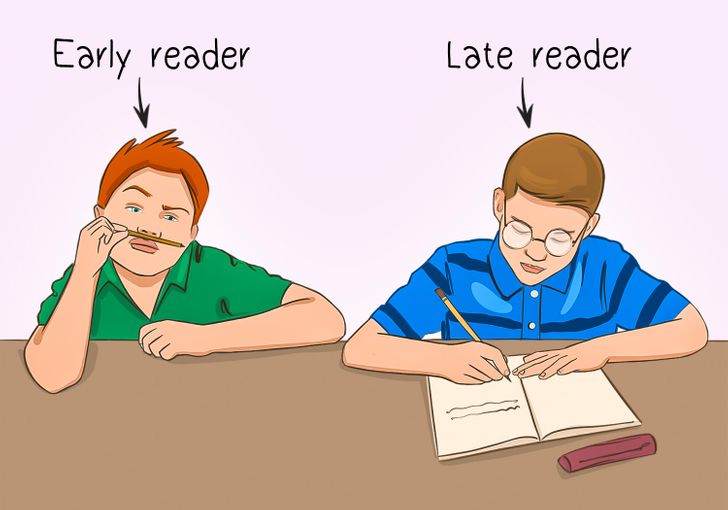
While impressive, reading at an early age doesn’t guarantee academic achievements. Children who are visual-spatial learners tend to be late-readers. Instead, rich and playful language interactions with kids before they go to school are the key to later success — because language underpins so much of learning across domains.
Myth 3: They must have a variety of foods every day.
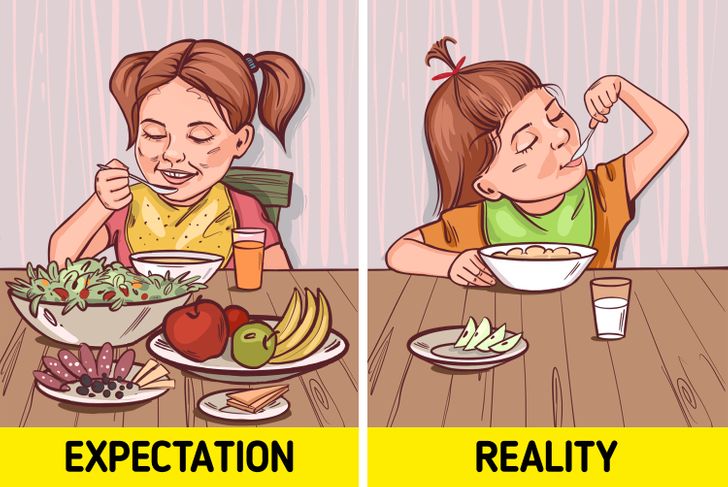
In a perfect world, maybe. In reality, no. While it’s important to keep a child’s diet balanced and nutritional, most toddlers are picky eaters. They’re naturally reluctant to eat any new food and need consistent exposure to it to make it part of a regular diet. There are also a bunch of other reasons why they might refuse food, the most common one being that they don’t like it. No rocket science there.
The average toddler doesn’t eat from all the food groups every day and you can’t force variety on them. So, just keep offering different foods and take note of what they like the most.
Myth 4: They can’t do household chores (and parents shouldn’t make them).
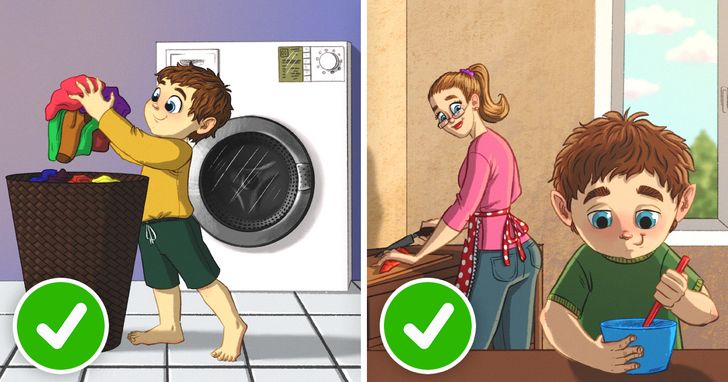
Toddlers don’t get enough credit for what they can do. In fact, they love helping around the house because they feel involved and have a chance to bond with family members. They can clean up their toys, put laundry into a hamper, set napkins out on a table, and clean up plates after eating. The key is to keep the process simple, fun, repetitive, and seasoned with praise and encouragement.
Myth 5: They should sleep through the whole night.
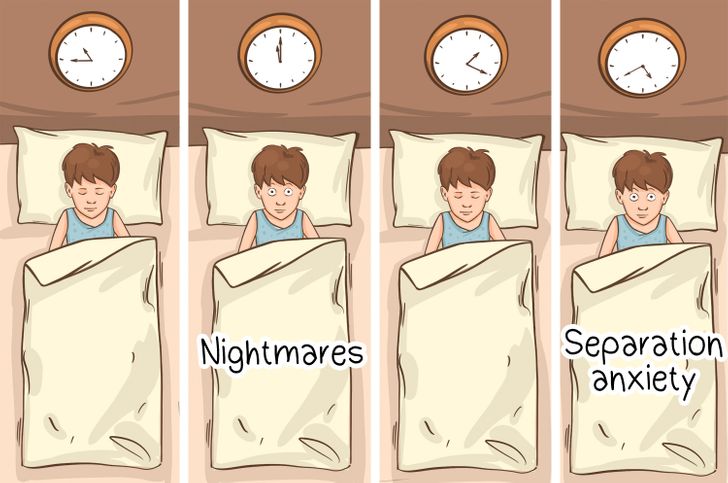
Toddlers have many more sleep cycles than adults, meaning — you guessed it — they tend to wake up more as well. They also have more dream time, meaning more nightmares too: monsters under the bed, scary shadows moving across the wall. Combine this with issues of parental separation, and you have the material for some restless nights.
Myth 6: They can and should share stuff.
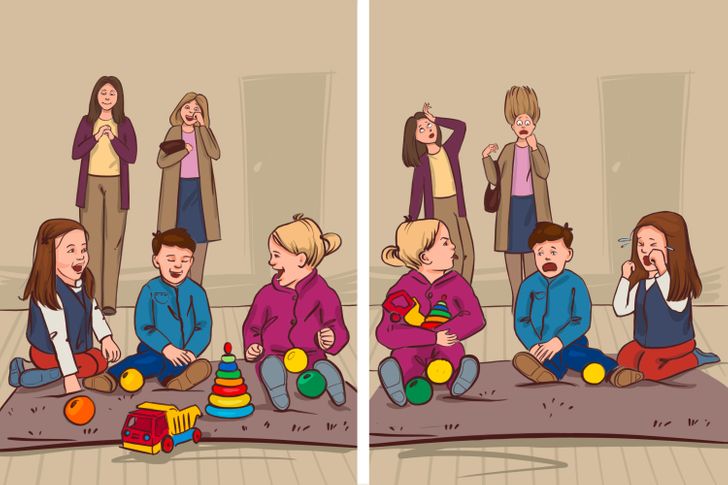
Small children don’t understand the idea of sharing and they like to do it even less. The ability to share doesn’t form in them until around 3.5 to 4 years old. To understand sharing they need to grasp several complex concepts that are years beyond them.
Sharing also requires them to understand and care about the feelings of others, which they don’t — at least not really. They aren’t selfish or bad if they don’t want to share — they’re just toddlers.
Myth 7: They are naughty if they have tantrums often.
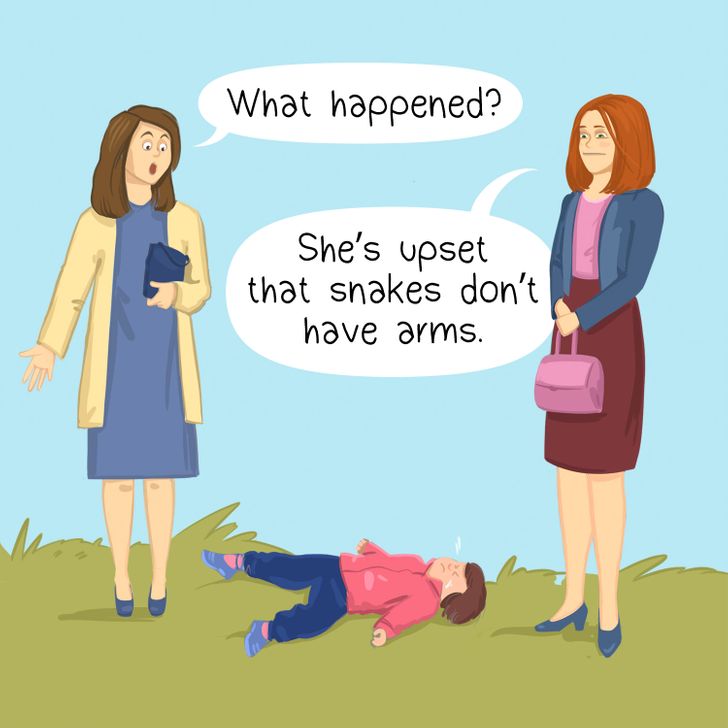
All toddlers have tantrums. Every single one of them. It’s a normal part of childhood and not a sign of being “good” or “bad.” Neither is it a sign of being a good or bad parent for you. Tantrums happen because the emotional regulation center in their brain cannot handle their big emotions. And they don’t understand social rules yet either.
What other myths about children do you know of?
Comments
The pic on the first one -inhales-
Related Reads
14 Messages From Parents Who Can Put Their Kids in Their Place With One Genius Phrase

I Refused to Put My Health at Risk Because of My Job, Now HR Got Involved
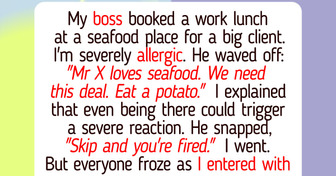
I Refused to Talk to My Parents After They Chose My Ex-Wife Over Me

I Refuse to Help My Coworker Who Treats My Kindness Like an Obligation
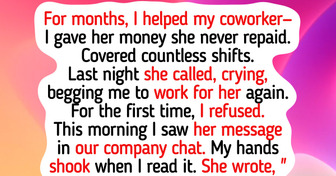
A Stranger Humiliated My Daughter at Disney World—He Picked the Wrong Mom to Mess With
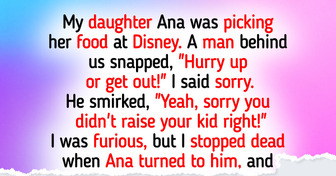
I Refuse to Give Up the Passenger Seat for My MIL—She Should Learn Her Place
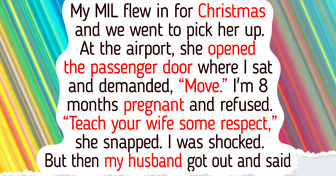
15 Stories That Show Kindness Is a Quiet Language the World Needs
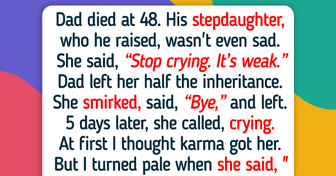
25 Stories From Online Users Where Kindness Became Invisible Armor

I Refused to Let Anyone Steal What My Dad Left Me, and My Mom Made It Worse
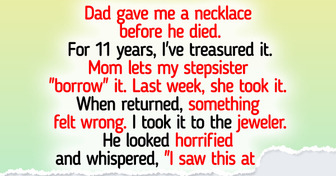
I Lost My Job to “Restructuring” and My Severance Disappeared, Then I Turned the Tables
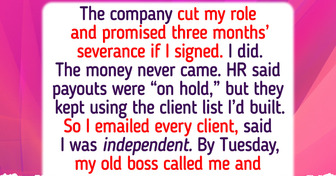
I Refuse to Adopt My Dying SIL’s Baby—Her Last Words Left Me Frozen
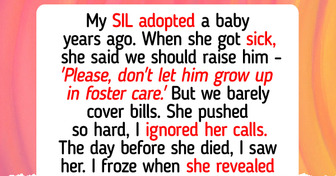
I Refuse to Support My SAHM Wife After Discovering Her Secret
